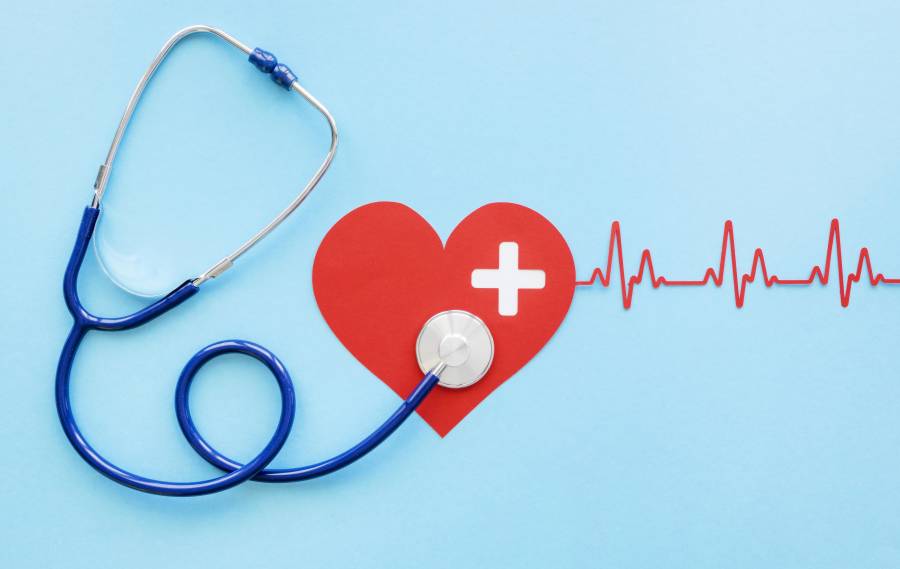The impact of SARS-CoV-2 on the heart

New York: The novel corona virus has established itself as an inflammatory viral condition that affects most human organ systems in one way or the other. Researchers have now focused on how COVID 19 affects the cardiac system.
According to research 63% of hospitalisations of COVID cases showed evidence of cardiac injury. Therefore, understanding the mechanism behind the effect on cardiac muscle by the virus can help reduce the number of hospitalisations and allow medical professionals to adopt and develop new treatment modalities to protect cardiac health.
Researches claim that virus damages heart muscle cells through an inflammatory pathway that does not include of ACE2 receptors. Experiments have proven that a spike protein on the virus, attacks heart muscle through an inflammatory response.
Lead author of the study and assistant professor of the Mesonic Medical Institute, Utica, New York, said: “What we suspect is that the spike protein has unknown pathological roles.”
Spike protein attacks the heart
It was discovered that SARS-CoV-2 entered healthy heart muscle cells, through its spike protein. This spike protein attaches itself onto the cell receptor on the heart cells known as the angiotensin-converting enzyme 2 (ACE 2) in order to them, and cause an inflammatory response.
Heart muscle cells, like most cells in our body, also possess their own first-line defence mechanism. The human body depends on a cell’s defence system, in order to fight off disease-causing viral and bacterial organisms.
A cardiac muscle may be able to form an inflammatory response to a viral organism as defense, but in the attempt to cause a rapid spread of the virus from one heart cell to the other, a heart muscle cell may die, or become weak. Thus causing heart injury or failure.
The TLR4 is one form of inflammatory response that heart cells possess. The study concluded that COVID 19 infects heart muscle cells through the activation of the TLR 4 inflammatory pathway.
While there may be more possibilities as to how the SARS-CoV-2 virus attacks heart muscle cells. Further studies on the subject shall reveal more regarding the mechanism of attack so that medical and other therapeutic strategies can be formed against it.
Trending
Popular
Sindh pledges vigorous action to prevent poliovirus transmission
-
PMA stresses health equity on World ...
04:08 PM, 9 Apr, 2024 -
Dow University’s new rabies vaccine ...
12:18 PM, 28 Mar, 2024 -
IRD role lauded in advancing ...
02:53 PM, 12 Mar, 2024 -
Over one billion people worldwide ...
09:48 AM, 5 Mar, 2024




